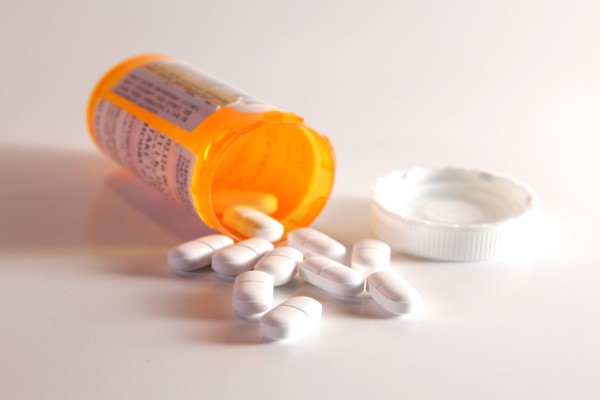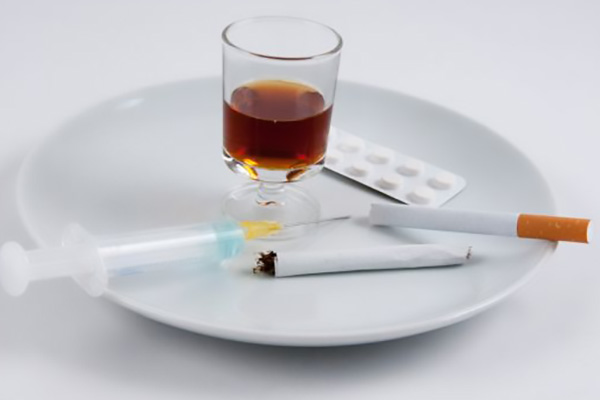Alcohol Detox FAQ’s

When your body is going through alcohol detox, you may experience a wide array of symptoms ranging from mildly unpleasant to actually deadly. Before embarking on a detox journey, it is important to obtain as much information as possible about the process. This allows you to identify potential risks and understand the need for effective treatment.
Common questions about alcohol detox
How long does detox take?
Generally speaking, mild symptoms begin to appear eight hours after the last alcoholic beverage was consumed. Moderate symptoms show at around 24 to 72 hours, and the most severe symptoms can happen after two to four days.
However, there are some people who experience symptoms within hours and others who may not start noticing them until 24 hours or more after the last drink. With appropriate treatment, symptoms usually begin to decrease or may resolve entirely within five to seven days. Untreated withdrawal can last for weeks.
Does it affect people mentally or physically?
Both. Physical and mental side effects differ from person to person and can change based on the severity of the addiction, prior mental or physical health issues, and the individual's health is at the time of withdrawal. These symptoms also differ in severity.
For mild symptoms, physical issues usually include headaches, insomnia and nausea or other digestive problems. Sufferers may also become anxious. Moderate symptoms can involve confusion, along with high temperatures, sweating, palpitations or irregular heartbeat and an increase in blood pressure. Severe symptoms may include seizures, auditory or visual hallucinations, agitation and delirium.
What determines the severity of detox?
As stated, the severity of symptoms can depend on multiple factors. These may include a person’s weight, overall health, immune system health and the intensity of their addiction.
The American Addictions Center states that people with a history of 10 years of alcoholism or more suffer from a higher rate of delirium tremens than those with a shorter history. DTs only occur in 5% of patients but can lead to fatal complications with the cardiopulmonary system.
Can detox be harmful?
Potentially. While mild to moderate symptoms may resolve on their own, more severe symptoms can be signs of DTs or Alcohol Withdrawal Syndrome. Both of these issues can lead to serious health complications, coma or even death if left untreated.
The following symptoms may signify the need for professional alcohol withdrawal treatment or emergency medical help:
- Severe confusion or disorientation
- Agitation
- Seizures or body tremors
- Hallucinations
- High fevers
What tools can help someone get through detox?
There are outpatient and inpatient withdrawal therapy options. Outpatient treatment is generally offered to those who are not at risk for severe symptoms and usually involves frequent check-ins with a doctor in a monitored setting. Care intensity may be increased if necessary.
Inpatient therapy is reserved for those suffering from moderate to severe withdrawal symptoms. It may involve high levels of supervision, medication to manage symptoms and time in intensive care units.
Conclusion
The process of alcohol detox can vary greatly from one person to the next. While some may get through it on their own, others can experience severe symptoms that may need medical treatment. Professional support can be beneficial to any addict, as going through detox is not an easy task even for the sturdiest individuals.
Request an appointment here: https://www.joelnathanmd.com or call Joel Nathan, MD at (347) 237-7944 for an appointment in our New York office.
Check out what others are saying about our services on Yelp: Read our Yelp reviews.
Recent Posts
In the world of high-level pain killers, Percocet® is a very powerful and effective drug. A combination of the semi-synthetic opiate oxycodone and acetaminophen, it is a fast-acting and long-lasting drug. Pain relief can be immediate and last for up to five hours. It is commonly prescribed for patients for those very reasons.Percocet is a…
Learning what drugs a substance abuse treatment center can treat is necessary, as not all treatment centers provide treatment for every type of drug. According to the Addiction Center, alcohol is a drug, as it is classified as a central nervous system (CNS) depressant.Understanding substance abuse treatment first requires one to understand what it means…
Want to understand more about how drug addiction counseling works? The job of a drug addiction counselor is to help their patients overcome their addiction to drugs. They do this by offering counseling services, such as individual counseling sessions, group counseling sessions and family counseling sessions. Drug addiction counselors tend to work in drug rehab…
When dealing with addiction, finding a good drug detox program is crucial for your long-term success. First and foremost, a detox program should be focused on helping you kick your habit. Once the harmful effects of the drugs are out of your system, the program should move on to treating you and training you for…


